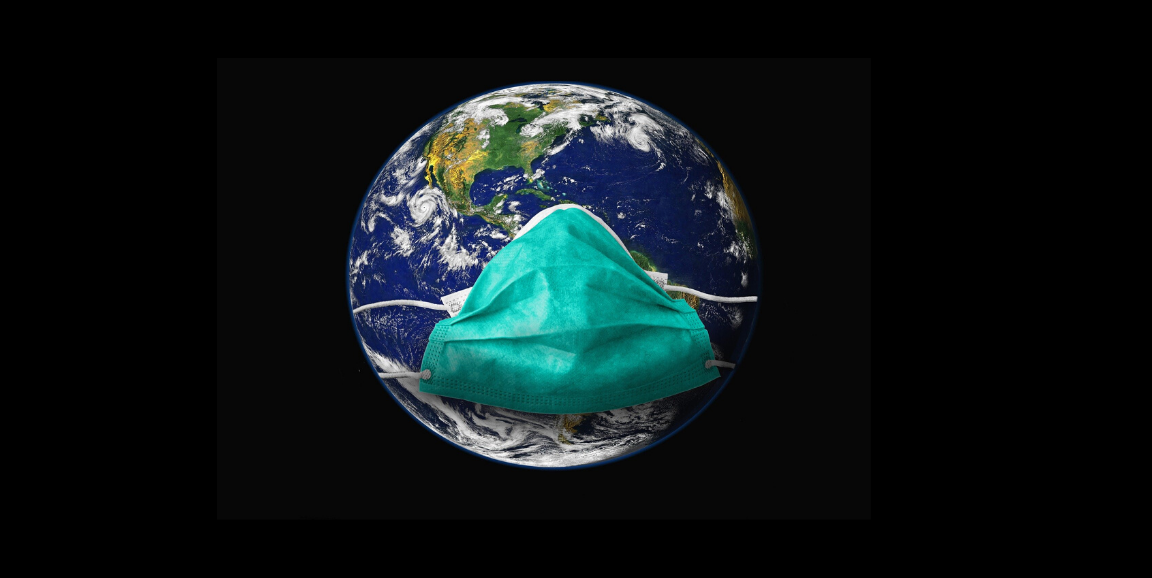Four years ago, Lawrence Summers, PhD, Harvard president emeritus and former U.S. Secretary of the Treasury, was frighteningly prescient about the world health crisis we're facing today.
"The threat of a pandemic claiming millions of lives and devastating economies around the world is as serious as the potential perils of global climate change," he told a Stanford audience.
As the planet now sits in the midst of the COVID-19 pandemic, with contours and conclusions still far from certain, it was more than timely to read Beth Duff-Brown's coverage of Summers' visit in March 2016. Today's scenario was all there.
I looked back at that article as I was preparing to interview Michele Barry, MD, FACP, director of the Stanford Center for Innovation in Global Health, for a 1:2:1 podcast.
Barry, too, has been raising warning flags and has long talked about how human ecology, climate change and globalization create a perfect concoction and breeding ground for pandemics. I spoke with Barry about the roots of these new viruses and why these new pathogens have accelerated. She told me,
When you look at climate change, accelerated deforestation, how we're urbanized as a society, it's all key to how we interface with animals. This is quite significant when you look at the pandemics that have emerged in the last 50 years.
She noted the hemorrhagic viruses, such as Ebola, Lassa fever and Marburg hemorrhagic fever, all involve humans interacting with animals, particularly bats or rodents.
Barry said the phenomenon is being explored in two emerging fields of study.
One is human and planetary health -- a field that she and others are trying to build at Stanford -- focusing on how human-caused disruption of the ecology of animals and earth's natural systems affects human health. The second field, One Health, is a component of planetary health, and it centers on the interconnection among animals, plants and people, and on their shared environments.
When I asked Barry what could be learned from the international response to the COVID-19 pandemic, she emphasized the need for increased global collaboration and early surveillance in order to better mitigate these kinds of public emergencies. She said,
On the global level, I think it's clear that we need to strengthen --whether it be the World Health Organization or another platform -- but we need to strengthen pandemic preparedness.
Barry also talked about potential lessons from how officials in the United States have managed the pandemic. She pointed to the importance of providing a unified message for Americans, earlier testing and better tracking of infectious disease cases and exposure.
That means, she said, creating one central, strong, cabinet-level health position, as well as a cabinet-level group of scientific advisers for public health.
"We're a great country, and we have great medicine, and research, and curative medicine," she said, "but we have a weak public health system."
Listen to more 1:2:1 podcasts on COVID-19 from Paul Costello at https://soundcloud.com/stanfordmed/sets/covid-19
Image by Alexandra_Koch




